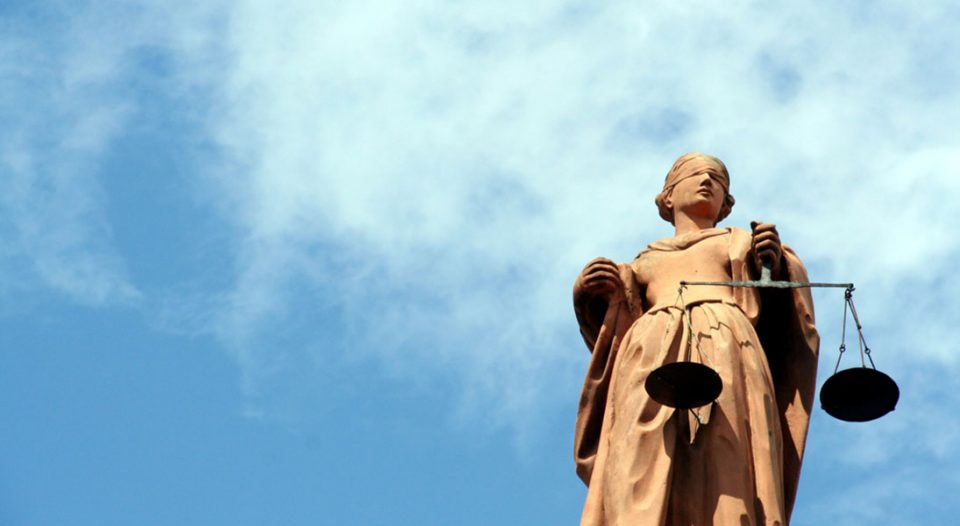As a young seminarian, I first visited prison as part of my contextual education. I entered the prison doors believing I was on my way to reforming the criminal justice system—becoming an advocate for righteousness.
Once inside the holding room of a minimum security prison, I encountered an inmate one-on-one, a quiet young man who hardly spoke. I expected to hear a hard story about life in prison, his degradation and angst. But I heard nothing. I only saw tears streaming down his face as he finally spoke, “You’re the only person who has visited from the outside in four years.”
I was his only visitor—no family, no friends.
As I reached out to comfort the young man, the guard told him—not me—to “back away.” I went into the prison charged with changing the world with my passion and insight, but left learning that I need only be present.
We’re reminded of this “ministry of presence” throughout Scripture: “Remember those who are in prison, as though you were in prison with them; those who are being tortured, as though you yourselves were being tortured” (Hebrews 13:3) and “I was in prison and you visited me” (Matthew 25:36).
Many of us who read Matthew 25 find feeding the hungry and clothing the naked less of an energy drain than making prison visits. But both the pen of the Hebrews preacher and the lips of Jesus urge believers to remember those in prison.
Here’s a startling fact: The United States has the highest documented incarceration rate in the world. Although we have fewer than 5 percent of the world’s population, we have 23.4 percent of the world’s prison population, according to the Institute for Criminal Policy Research.
As Christians we cannot ignore that population and say we’ve done our whole duty to God. We must remember—and act.
Remember is a serious word, for it calls for more than just occasionally mentioning someone in prayer—it means behaving as if we, too, were in danger of imprisonment. The Hebrews preacher asks us to personally identify with sufferers. Many of us—perhaps most of us—aren’t eager to do so, especially because, in many cases, the act that resulted in the person’s incarceration isn’t something we’d condone. It may even be something we abhor.
Critics say America’s high incarceration rate may be due to sentence length for crimes such as theft and drug possession, as well as for the high number of nonviolent and “victimless” offenders who are imprisoned.
Whatever the reasons, a lot of people are behind metal bars in America.
It’s July—the month we celebrate freedom and liberty in many and various ways. But as people of God, liberty goes much deeper.
Liberty is a way of life—both before God and as a state of being free from shackles. When the Messiah comes, one of his tasks will be “to proclaim liberty to the captives” (Isaiah 61:1).
Although imprisonment of some may continue to be necessary for the well-being of society, we cannot forget that God continues to pursue those who are locked away—not to break or quench but to restore and heal. God asks us to carry “inside” the gospel of God’s steadfast love.
This is the solemn and sure promise of God’s unfailing presence and care in affirming what the son sets free is free indeed.
If we wish to do our whole duty to God, we should embody his love for people who are in prison.
—From the ELCA social statement “The Church and Criminal Justice: Hearing the Cries.”





